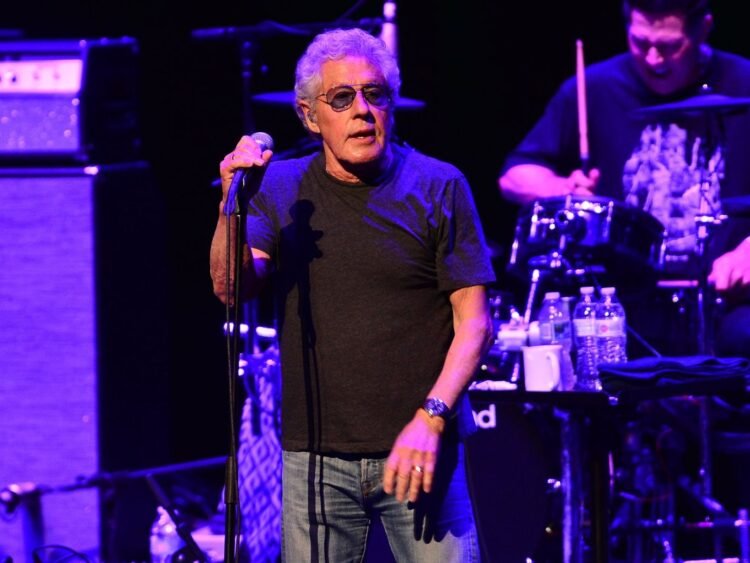While we’ve never had more options in terms of the tools we can call on when making music, not everyone thinks this abundance of choice is a good thing.
Take The Who singer Roger Daltrey, for example. He would go as far as to say boundless innovation in music technology is subtracting from the “heartbeat” of modern music making.
Speaking during a launch event for the hardback edition of Buddy Holly: Words of Love – which celebrates the life of the pioneering guitarist – Daltrey dives deeper into how making music has evolved over the years.
In the early days of rock and roll, Daltrey says [via Music-News] “we were throwing shit at the wall and some of it stuck.”
“There’s something about the technology I feel personally, we’re losing the essence of the heartbeat. Maybe it’s because I’m older, but there’s not much new music.”
While Daltrey appears to be talking about rock music more than any other genre – which has been accused of being stagnant and slow to evolve – his comments about music technology stifling the creative process will certainly get those in the electronic music production world talking.
“I think rock music has been so convoluted because we got to be forced and twisted for a mainstream audience to turn the guitar down,” he says. “Modern music’s been in a strange place, but it’s exciting because it’s really, I feel it’s very democratic again.”
Daltrey goes on to explain how the rise of social media platforms like Instagram and TikTok has paved the way for artists to take greater control of their own music.
“For the past four years a lot of majors have been able to control what we’ve been placed in front of us, but we know apps like TikTok, Instagram and everything like that I really find that people can provide authenticity again directly.”
He goes on: “If you have a story to tell, you can tell it and tell it to the world. You don’t have to go through seven steps.”
“I think that’s what’s really cool about how rock music [is] at the minute, and modern rock and roll music, I really feel like it’s finding its bounce back,” Daltrey continues. “And it’s becoming hysterical again and it’s exciting. It’s becoming younger again. That’s really cool.”






